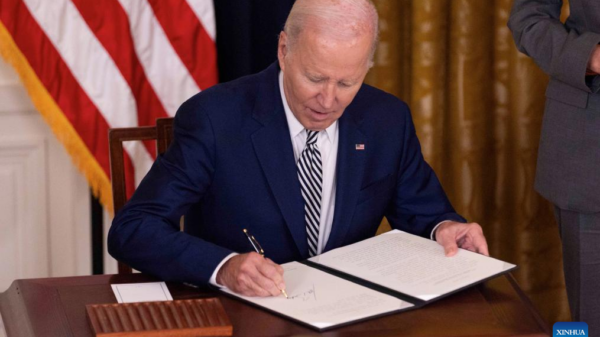NAIROBI, September 4 – Debate was protracted. It was as passionate as it was long. At some point, the speaker needed to be reminded the hall wasn’t booked the entire day.
Is Kenya ready, we asked? Is Kenya really ready to embrace emerging technologies that reportedly propelled the Asian tigers into economic prosperity?
Or must we wait to find an authentically Kenyan solution to drive our resurrection?
Well, whatever you argue, Prof Calestous Juma of the Harvard Kennedy School will tell you that while we sit on our hands and wait to get extra training or extra investment before we get going, the rest of the world will be light years ahead.
“We must act now!” he tells a lecture of young and not so young, agile minds.
It was a gathering of intellectuals at Mind Speak- a business club co-hosted by Capital FM, Numetro Cinema’s and Ali Khan Satchu.
We interject his conviction with our questions, but the answer is simple: there’s no time like the present.
“There’s hope for the late-comer. Late-comers learn from those who went before.”
But you don’t just hop on and start anywhere. You start somewhere.
Start with the new IT.
Remember how it went, the Industrial Age, eons later the Information Technology Age and now, the Life Sciences Age.
It’s the chalice for Kenya.
“Kenya already has enormous investment in life sciences. A large number of international research institutions operate here on the cutting edge. You have the headquarters of Beca, which is a part of ILRI (International Livestock Research Institute) that is providing infrastructure for researchers from literally the whole continent. You have a lot of Kenyans trained in this field,” he informs.
But you simply can’t get things done if you are not functioning in an enabling environment. So blame not your leaders, he says, blame the framework.
Laws are everything. If you’ve got the right kind of policy to drive investment and growth, then you’re on to something.
Back to life sciences, Juma says Kenya needs to enact a Bill on biotechnology that would allow the country to become an innovator in the field.
Last year, Parliament debated the Biosafety Bill, but the House dissolved before it could pass it. What proceeded was nothing but blood and tears.
It was opposed by a section of civil society organisations who claimed the Bill would expose the country to potentially harmful genetically modified organisms.
Juma says: “That law should have its focus on helping the development of the national biotechnology industry, and that industry will include our capacity to import products from outside, But it should also include our capacity to develop our own products. Whenever a product comes up you look at what has been modified in it and the potential health impacts and then you regulate it accordingly.”
The Biosafety Bill 2008 is expected to be tabled in Parliament when the House resumes sittings next month.
But to the greater concerns of legislation and developemnt, Juma suggests that Kenya should use the upcoming constitutional review to create laws that power economic growth.
He explained that a Kenya review should reorganise the existing ministries to ensure key development areas get priority.
“Why should the Vice President’s portfolio, the second in command, handle matters pertaining to the kind of uniform prisoners wear while roads lie in state?” he ponders.
Re-think government; let its full Executive weight address key growth areas.
“We should first of all think about the purpose of that constitution. What is it seeking to achieve? If we decide that the purpose of that constitution is to drive industrialization, it will give us an idea of which aspects of the constitution to give priority. Because the constitution is the law of the land but the land must have a purpose.”
But, like it or not, if you want to graduate from junior league and play hard ball in this here world, you guessed it, regional integration is a must.
The East African Federation will be key in attracting investors and giving us the crucial numbers that determine bargaining power.
East African Community (EAC) states that are ready to implement economic and political integration should go ahead and do just that. Integrate already! Nay sayers, step aside!
“This kind of integration can only occur where the partners are willing to get together. It should start as a coalition of the willing. Those who think they are not ready should be given time to decide whether they want to be part of it or not. It is their sovereign right to decide whether they want to be part of it,” says the Harvard scholar.
And why should that proposal be frowned on? An incremental approach to membership has been used before. Take for instance the European Union.
“Countries did not join all in one go. And we should not attempt to bully anyone into joining. It should be an arrangement of those who are willing and ready to proceed.”
What a conclusion!




































